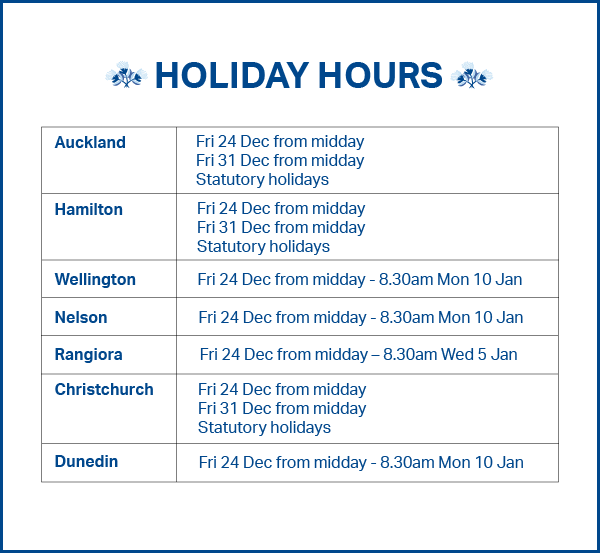Urgent repairs may be needed to make your property safe, sanitary, secure, and weathertight following natural hazard events.
If you need to make urgent repairs, please follow the general guidance below. If you are in any doubt about what ‘urgent repair’ means or how to carry out the work, please contact your broker or the claims team first.
- Only make urgent repairs if it is safe to do so.
- Take photos before and after you complete the work, and before you throw anything away.
- Keep a record of all urgent work done, including quotes and invoices.
Examples of urgent work to your home may include:
- Boarding up broken windows.
- Covering any holes in the roof or walls.
- Fencing off any unsafe areas.
- Making a a damaged chimney safe.
- Removing debris.
- Replacing a damaged heat source.
- Restoring essential services, such as water and power.
Again, if you are unsure about what would be considered an ‘urgent repair’, please check with us before carrying out the work.


